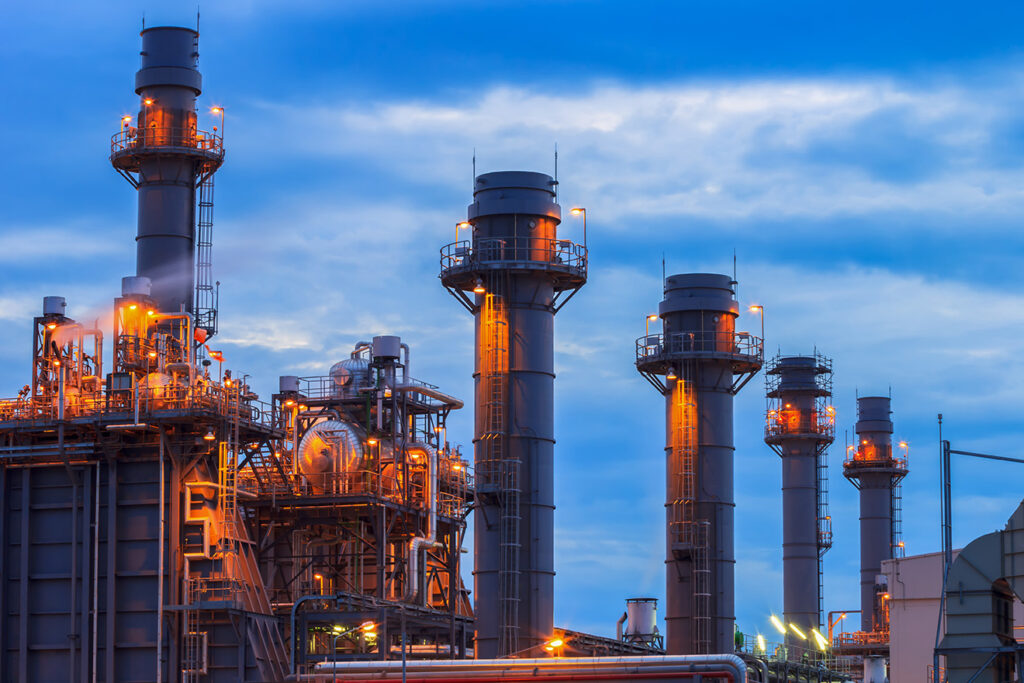



The replacement of natural gas infrastructure in the name of preventing leaks and promoting safety has been a public policy issue for decades. In the 2000s and early 2010s, Maryland utilities made several attempts through the Public Service Commission and the General Assembly to follow other states in adopting customer surcharges to expedite such efforts. In 2013, they succeeded with the passage of the Strategic Infrastructure Development and Enhancement (“STRIDE”) Act.
In our latest report, Arjun Makhjani, president of the Institute for Energy and Environmental Research, examines the impact of STRIDE in Maryland. The report finds that the state’s major regulated gas suppliers are engaged in a decades-long, state-sanctioned gas infrastructure spending spree that directly contradicts Maryland’s legislatively-mandated climate goals and threatens to saddle a dwindling number of ratepayers with billions in costs for decades to come, with the impacts likely disproportionately felt by those least able to afford them.
Although climate change had been a concern of the General Assembly for years, the legislature’s debate over the STRIDE Act did not contemplate the possibility that Maryland’s greenhouse gas emission reduction goals would require a substantial transition away from the use of natural gas for heating, cooking and other purposes in residential and commercial buildings. And, subsequent climate-related legislation— including a 2021 law requiring the Public Service Commission to take climate change into account in its decisions and the 2022 Climate Solutions Now Act, mandating a 60% reduction in greenhouse gas emissions by 2031 and net-zero emissions by 2045—did not repeal or alter the terms of STRIDE.
Despite Maryland’s stated need to reduce natural gas use in buildings by 90% by 2050 in order to achieve its climate goal, the state’s gas utilities continue to spend billions on new and replacement natural gas infrastructure, with customers on the hook to repay those investments plus a rate of return, potentially over the next six decades. Continuing those investments at a time of declining gas use will cause skyrocketing rates by the mid-2030s, threatening the health, well-being, and security of tens of thousands (or more) of Maryland’s low- and moderate-income families.
The report makes several recommendations, including ending the STRIDE program as it stands, so that regulators can address safety risks in the infrastructure in more targeted ways in the short term and the state can meet its climate goals in the long term.